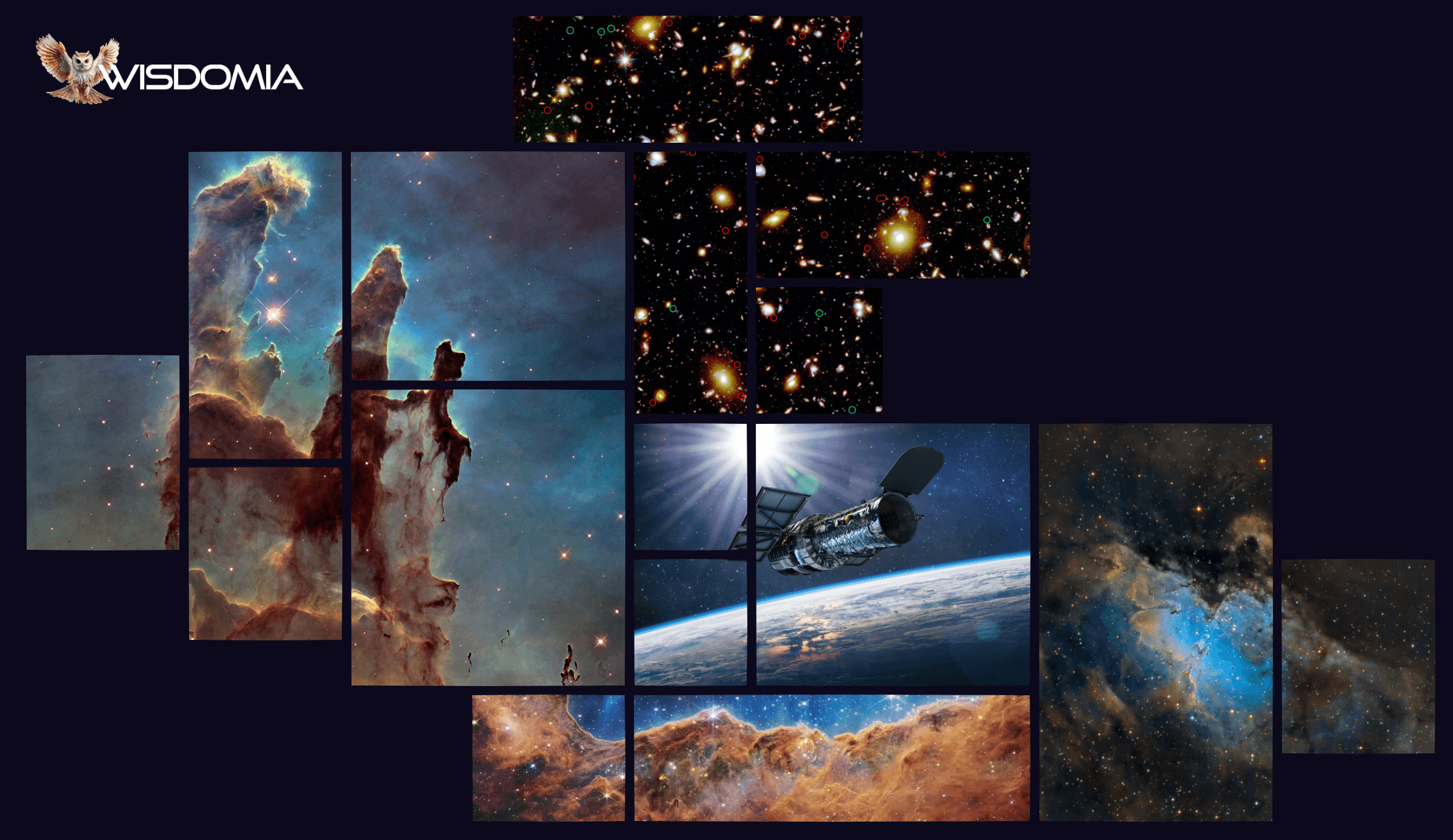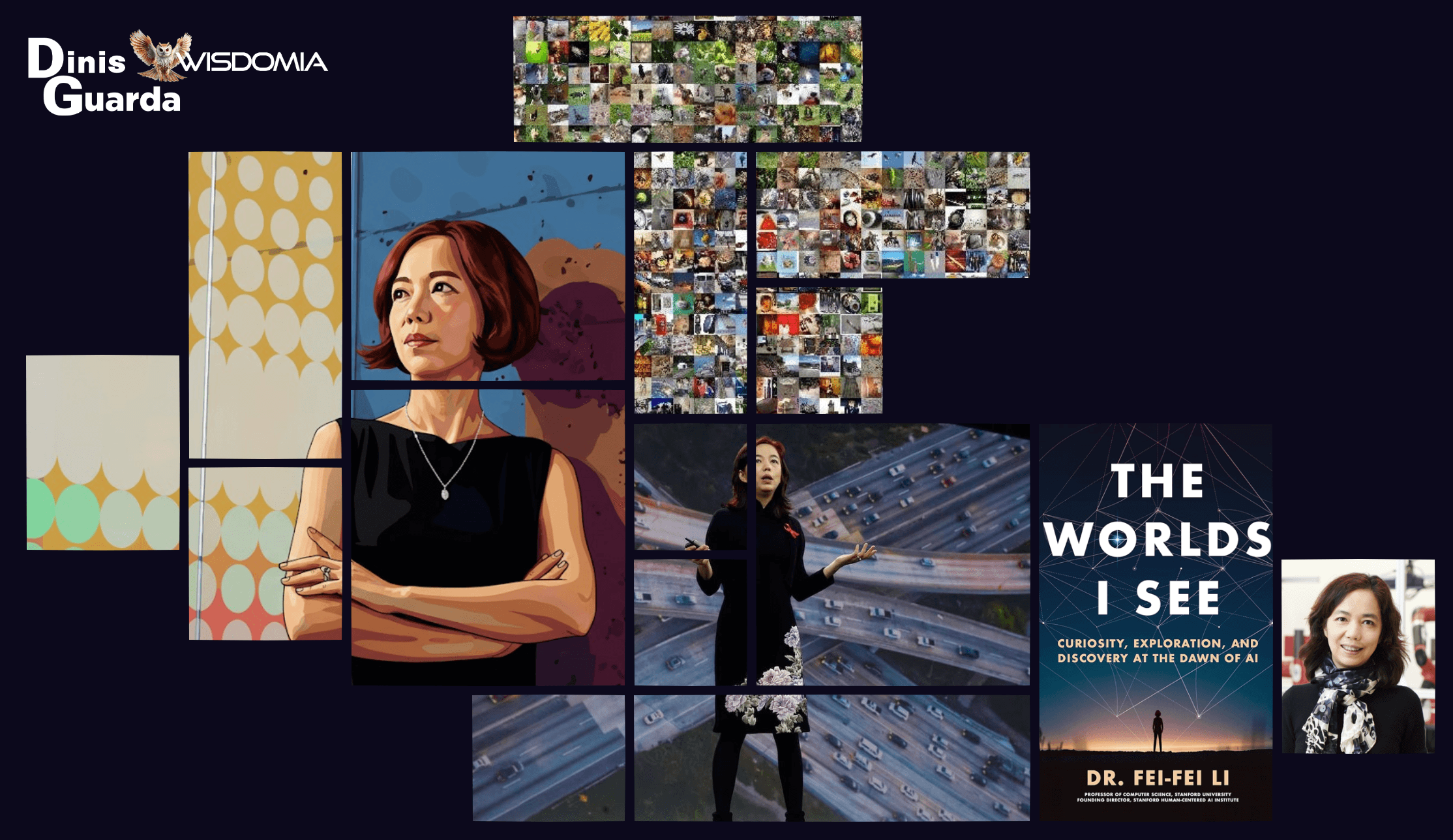Elder Voices of the Millennium: Cornel West
Sara Srifi
Wed Nov 05 2025
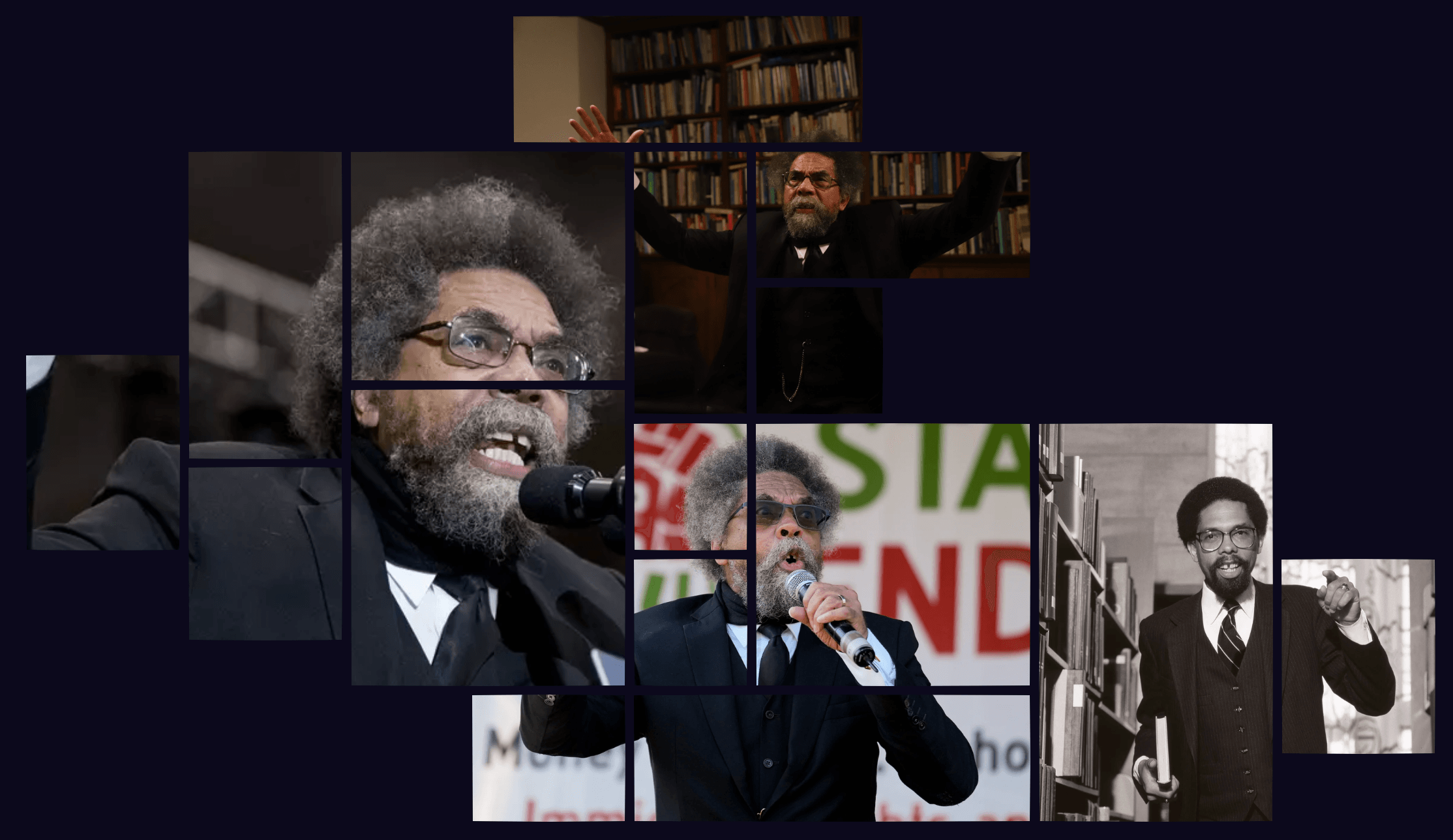
Who is Cornel West? Explore the philosopher and prophetic speaker whose love-centered critique of America offers hope, courage, and a call to justice.
In an era of soundbites and viral moments, one voice cuts through the noise with unusual depth and moral clarity. Cornel West, philosopher, activist, and public intellectual, has spent over four decades speaking truth to power with a unique blend of prophetic fire and profound love.
At 71 years old, West represents something increasingly rare in American public life: an elder statesman who refuses to be domesticated by age, comfort, or institutional pressure. His voice carries the weight of decades spent wrestling with America's most challenging questions, questions about race, justice, democracy, and what it means to live a meaningful life in troubled times.
But who is Cornel West beyond the public persona? And what wisdom does this elder voice offer to a nation grappling with deep divisions and existential challenges?
The Making of a Prophetic Intellectual
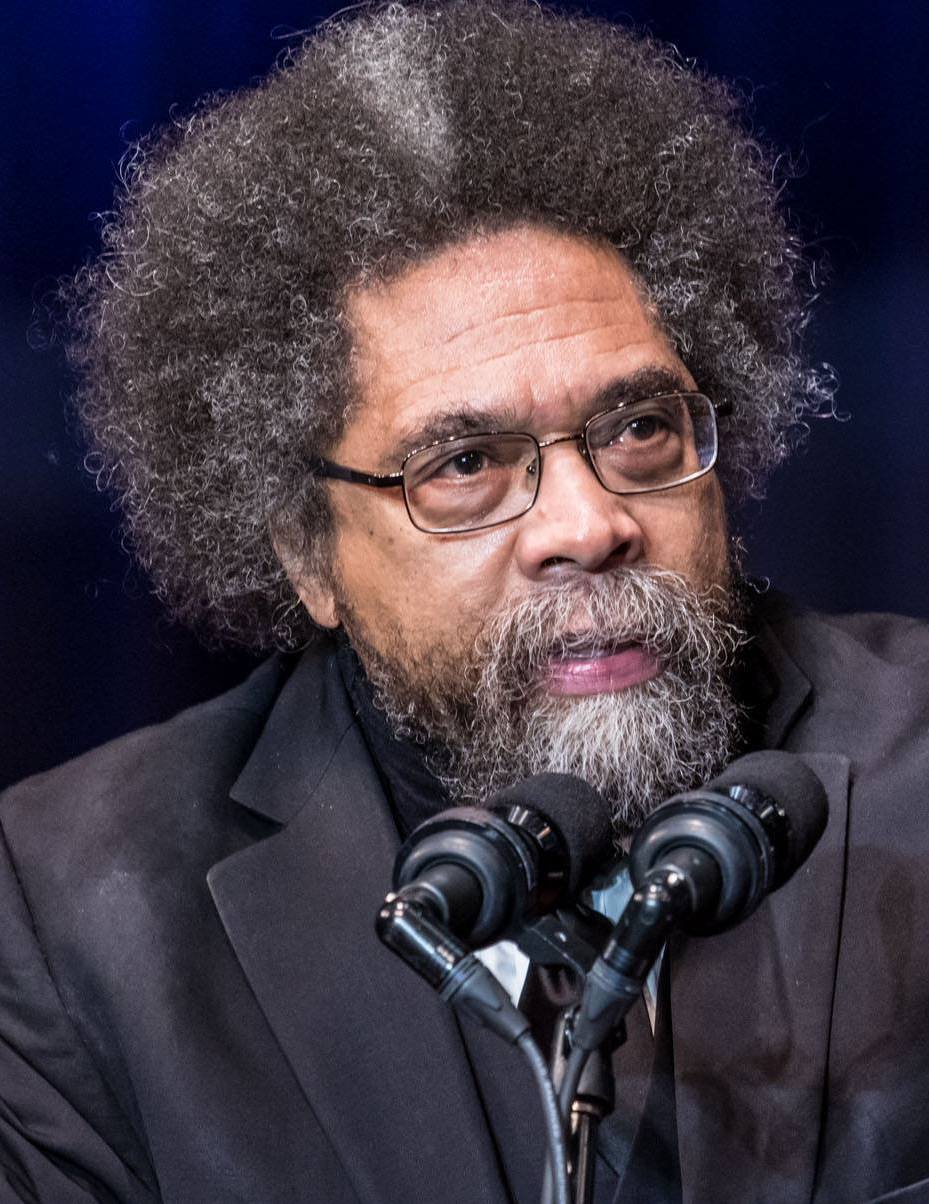
Born in 1953 in Tulsa, Oklahoma, and raised in Sacramento, California, Cornel West grew up in a Black Baptist family steeped in the traditions of the Black church and the civil rights movement. This foundation would shape everything that followed.
West often describes his intellectual and spiritual formation as a convergence of three powerful streams: the Black prophetic Christian tradition, with its emphasis on justice and compassion; the democratic socialist tradition, with its critique of economic exploitation; and the blues tradition, with its unflinching confrontation of tragedy and suffering.
This wasn't the typical path of an academic philosopher. While West earned his PhD from Princeton and has taught at Harvard, Princeton, Yale, and Union Theological Seminary, he never allowed himself to be confined by ivory tower conventions. He brought the passion of the preacher, the rigor of the scholar, and the accessibility of the activist to everything he did.
His 1993 book "Race Matters" became a surprise bestseller, selling over 500,000 copies and establishing West as a public intellectual who could speak to both academic audiences and everyday Americans struggling with questions of identity, justice, and belonging.
The Prophetic Tradition: What It Means
To understand Cornel West, you must understand what he means by the “prophetic”, a term he uses constantly but not in the way most people think.
For West, being prophetic isn't about predicting the future or claiming special divine revelation. It's about speaking uncomfortable truths to established power, standing with the vulnerable and marginalized, and refusing to let injustice become normalized or invisible.
The prophetic tradition, as West practices it, has several key elements:
- Loving critique means confronting your own community and nation with their failures, not out of hatred, but out of deep love and hope for what they could become. West criticizes America relentlessly, but always as someone who believes in the unrealized promise of its democratic ideals.
- Radical empathy involves the capacity to feel the suffering of others, especially those society deems disposable or worthless. For West, this empathy extends to the poor, the imprisoned, the addicted, and all those crushed by systems of oppression.
- Courageous truth-telling requires saying what needs to be said regardless of the social cost. West has paid professional and personal prices for his uncompromising stances, yet he continues to speak with moral clarity.
- Existential honesty means acknowledging the tragic dimension of human existence, that suffering, death, and disappointment are inevitable, yet we must still fight for justice and meaning. This blues-inflected realism prevents the prophetic voice from becoming naively optimistic or bitterly cynical.
West's Critique of American Democracy
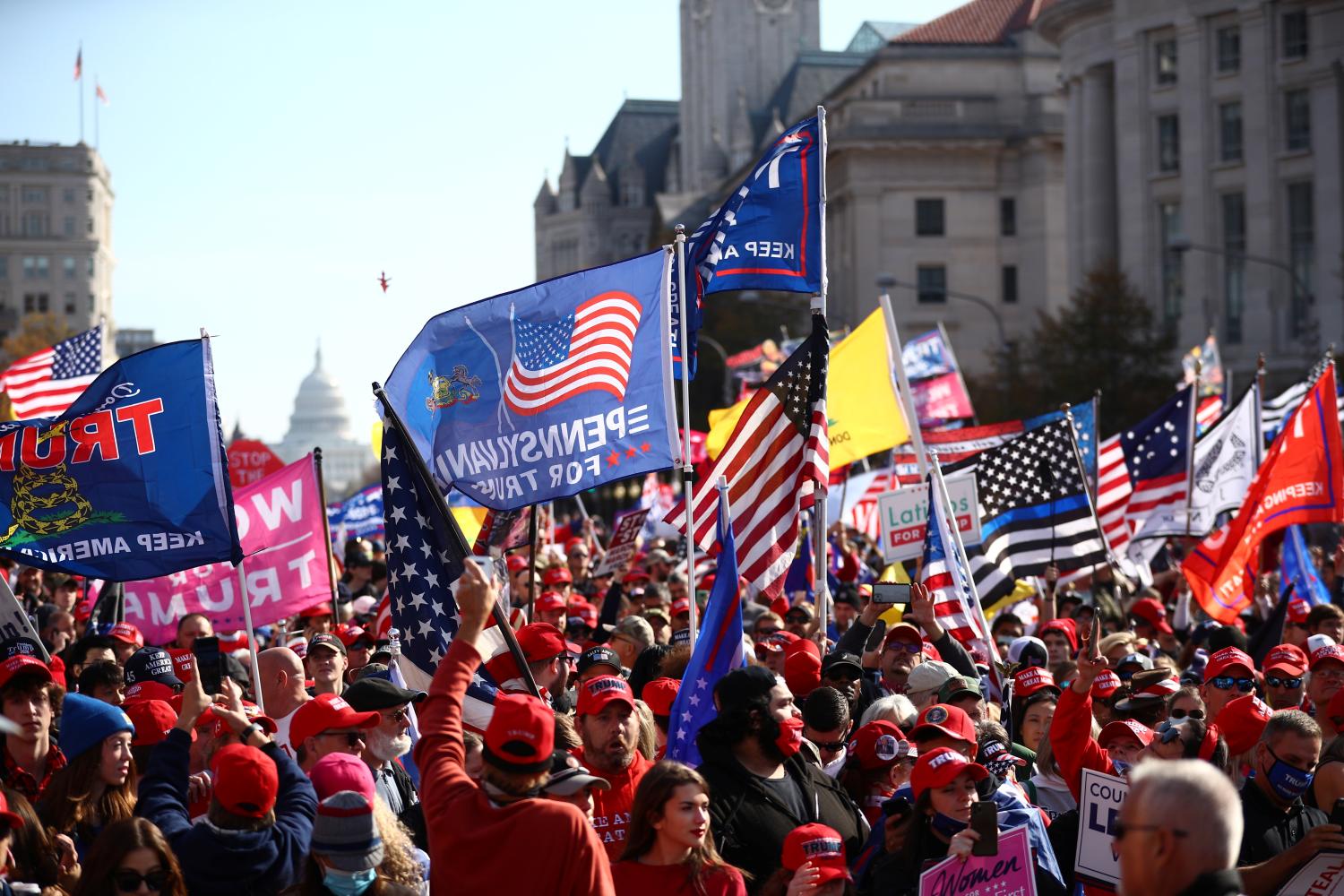
At the heart of West's life work is a passionate, complicated love affair with American democracy, and a scathing critique of how far short America falls from its proclaimed ideals.
The Three-Headed Monster
West identifies what he calls a "three-headed monster" at the core of American society: racism, poverty, and militarism. These interlocking systems, he argues, betray democracy's promise and crush human dignity on a massive scale.
- Racism, for West, isn't just individual prejudice but a systemic devaluation of Black and brown lives that permeates American institutions. From the founding compromise with slavery to mass incarceration today, racism has been America's original sin and ongoing tragedy.
- Poverty in the world's wealthiest nation represents a moral catastrophe. West points to the 140 million Americans living in or near poverty, arguing that economic inequality isn't an unfortunate byproduct of capitalism but a fundamental feature that concentrates wealth and power while leaving millions struggling to survive.
- Militarism refers to America's permanent war economy and global military empire. West contends that resources that could address human needs at home are instead funneled into weapons systems and military interventions that often create more problems than they solve.
These three forces, West argues, are interconnected. Militarism abroad desensitizes us to violence at home. Racism divides working people who might otherwise unite against economic exploitation. Poverty creates desperation that feeds both the prison system and military recruitment.
The Decline of Democratic Culture
Beyond systemic injustices, West warns of something more subtle but equally dangerous: the erosion of democratic culture itself.
He argues that America is experiencing a "spiritual blackout"—a loss of the moral and civic virtues necessary for democracy to function. Citizens are becoming consumers rather than engaged participants. Politics becomes spectacle rather than substantive debate. Leaders prioritize fundraising and image management over truth-telling and principled governance.
This cultural decline, West suggests, creates a vacuum that authoritarianism can fill. When people lose faith in democratic institutions and processes, they become vulnerable to strongman politics and simplistic solutions to complex problems.
The Radical Love Ethic
What prevents West's critique from collapsing into despair or rage is his grounding in what he calls a “radical love ethic”, perhaps his most distinctive contribution to American thought.
For West, love isn't a sentimental feeling but a courageous practice of recognizing the full humanity of others, especially those society deems unworthy. This love acknowledges suffering without looking away, confronts injustice without becoming consumed by hatred, and maintains hope without succumbing to naivety.
"Justice is what love looks like in public," West often says, capturing his belief that genuine love must express itself in concrete action against oppression and exploitation.
This love ethic draws deeply from the Black church tradition, particularly the example of Martin Luther King Jr., whom West considers his most important intellectual and spiritual ancestor. But West extends King's vision, arguing that love must critique not just racial injustice but also economic exploitation, environmental destruction, and all forms of dehumanization.
West's love ethic also includes self-love, not narcissistic self-absorption, but the courage to face your own brokenness and limitations with compassion. Only by acknowledging your own fragility and imperfection, he suggests, can you extend genuine compassion to others.
The Elder as Public Intellectual

As Cornel West has entered his seventies, his role has evolved from provocateur to elder statesman—though he remains as provocative as ever.
Mentorship and Truth-Telling
West sees his elder role as twofold: mentoring younger activists and intellectuals while continuing to speak uncomfortable truths that others won't voice.
He's mentored numerous scholars, activists, and artists, often supporting them financially and emotionally through difficult periods. West practices a generous mentorship rooted in genuine care for younger generations and their struggles.
Yet he refuses the typical elder tendency to moderate his views or seek respectability. If anything, West has become more radical with age, more willing to take controversial stands that isolate him from mainstream institutions and figures.
The 2024 Presidential Campaign
West's decision to run for president in 2024 as an independent candidate exemplifies his refusal to conform to expectations about how elders should behave. While critics dismissed the campaign as quixotic or potentially damaging to Democrats, West saw it as a moral imperative—a platform to voice truths that neither major party would articulate.
His campaign focused on issues often ignored in mainstream politics: poverty, Palestinian rights, corporate control of democracy, and the need for fundamental economic restructuring. Whether or not the campaign succeeded electorally, West used it to keep crucial conversations alive in the public sphere.
This willingness to risk reputation and relationships for principle embodies West's prophetic calling. He's less concerned with being effective by conventional standards than with bearing witness to truth, regardless of the consequences.
Controversy and Criticism

West's uncompromising stance has generated significant criticism from various quarters, and examining these critiques offers a more complete picture of his legacy.
The Obama Years
West's fierce criticism of President Barack Obama created a major rupture in his relationships and reputation. West accused Obama of being insufficiently committed to the poor and too accommodating to Wall Street and militarism.
Critics argued that West's attacks on the first Black president were counterproductive, undermining a historic figure while empowering conservative opponents. Some suggested personal factors, West felt snubbed by the Obama administration, motivated his critiques.
West defended his position as consistent with his prophetic calling: he must critique any leader, regardless of race or party, who fails to challenge systems of oppression. For West, loyalty to principle trumps loyalty to individuals or political tribes.
Academic Controversies
West's career has been marked by tensions with academic institutions. His departure from Harvard in 2002 (and return in 2017, only to leave again in 2021) generated headlines and debates about the role of public intellectuals in universities.
Critics within academia sometimes dismiss West as more performer than scholar, pointing to his musical projects, media appearances, and political activism as evidence he's not a "serious" academic. West's productivity in publishing peer-reviewed scholarship declined after his early career, focusing instead on public writing and speaking.
West counters that the narrow professionalization of academia is itself the problem—that intellectuals have a responsibility to speak to broader publics, not just to academic specialists. His model of engaged scholarship prioritizes public impact over academic credentials.
Style and Substance
Some critics argue that West's rhetorical style, his preacher cadences, his references to "brother" and "sister," his emotional intensity, can overshadow the substance of his arguments. They suggest he sometimes prioritizes performance over precise analysis.
Yet West's defenders see his style as inseparable from his substance. His language bridges different communities, academic, religious, and popular, making complex ideas accessible without dumbing them down. His emotional intensity reflects authentic engagement with suffering and injustice, not manipulation.
Wisdom from the Elder: Key Lessons
What can we learn from Cornel West's decades of prophetic witness? Several themes emerge as particularly relevant for our current moment.
Courage Over Comfort
West embodies the principle that meaningful life requires choosing courage over comfort. He's repeatedly sacrificed professional security, institutional approval, and mainstream acceptance to say what he believes needs saying.
In an age of calculated career moves and carefully managed public images, West's willingness to risk everything for principle stands as both inspiration and rebuke. His life asks: What are you willing to sacrifice for your deepest convictions?
The Long View
As an elder, West maintains perspective on struggles that can feel overwhelming in the moment. He places current crises in the context of centuries of struggle for justice, reminding us that progress is neither linear nor inevitable.
This long view prevents both despair and complacency. Things can always get worse, West reminds us, but they can also get better—if enough people commit to the hard work of building a more just world.
The Necessity of Joy
Despite addressing devastating realities, West embodies joy—laughing easily, celebrating cultural achievements, finding beauty in music and art. His favorite phrase, "I'm a blues man in the life of the mind," captures this ability to acknowledge tragedy while affirming life.
This joy isn't frivolous escapism but existential resilience—the capacity to find meaning and pleasure even while confronting harsh truths. In the blues tradition West loves, you sing about your suffering not to escape it but to transform it into something beautiful and shared.
Love as Revolutionary Practice
Perhaps West's deepest wisdom is his insistence that love—radical, courageous, justice-seeking love—is the foundation of meaningful resistance to injustice.
In a political culture dominated by cynicism, calculation, and contempt, West's love ethic offers an alternative: you can fight oppression without dehumanizing opponents, critique your community without abandoning it, and maintain hope without denying reality.
The Enduring Relevance of West's Voice
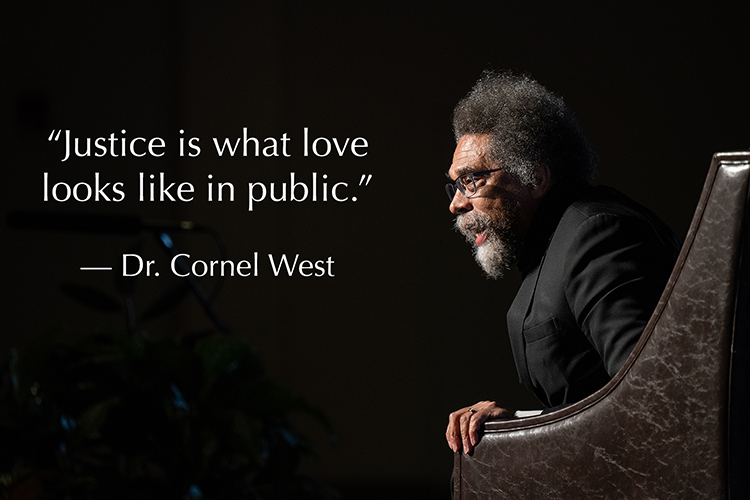
Why does Cornel West still matter? In an age of influencers and thought leaders, what makes this elder voice worth heeding?
West offers moral clarity in confusing times. While others parse political calculations and optimize messaging, West asks the fundamental questions: What is just? Who is suffering? What does love require of us?
He models intellectual courage. In academic and media environments that reward conformity and caution, West demonstrates that it's possible to think and speak freely, even at great personal cost.
He bridges divides. West's synthesis of Black prophetic Christianity, democratic socialism, and blues wisdom creates a unique philosophical perspective that can speak to diverse communities and traditions.
He refuses false choices. West rejects the binary thinking that dominates political discourse—left versus right, idealism versus pragmatism, identity politics versus class politics. He insists on a both/and rather than either/or approach to justice.
He embodies intergenerational connection. West honors elders who shaped him—Martin Luther King Jr., James Baldwin, John Coltrane—while actively mentoring younger generations and learning from their struggles and insights.
The Challenge to Younger Generations
As an elder voice, West issues a particular challenge to younger Americans seeking meaning and direction in turbulent times.
Don't confuse comfort with freedom. Material security matters, but building your life around maximizing comfort leads to spiritual emptiness. Risk something. Stand for something. Let your life mean something beyond personal accumulation.
Cultivate deep literacy. Read widely and deeply. Engage with difficult texts and ideas. Don't let your understanding of the world be shaped by algorithms and soundbites. The prophetic tradition requires intellectual rigor.
Connect your struggles to larger traditions. You're not the first generation to face injustice, environmental crisis, or political dysfunction. Learn from those who fought before you. Draw strength from the long history of resistance and resilience.
Practice radical empathy. In a culture that encourages self-promotion and competition, choose solidarity. Feel the suffering of those society deems disposable. Let that empathy fuel your commitment to justice.
Don't wait for perfect leaders. West himself would tell you not to make him or anyone else a hero. Flawed humans are all we have. Do the work yourself rather than waiting for saviors.
The Voice We Need
Cornel West may frustrate as much as he inspires. His uncompromising positions sometimes seem impractical. His critiques can feel relentless. His independence isolates him from movements and institutions that might amplify his impact.
Yet perhaps that's precisely why we need his elder voice. In a time of unprecedented challenges, climate crisis, democratic backsliding, economic inequality, technological disruption, conventional wisdom and moderate incrementalism may be insufficient.
West reminds us that sometimes what seems impractical is actually most realistic—that tinkering at the margins won't address systemic failures, that being "reasonable" in unreasonable times is its own form of extremism.
His prophetic voice calls us to something higher than what we've settled for: a democracy that actually serves all its people, an economy that prioritizes human dignity over profit, a culture that values depth over distraction, a politics grounded in love rather than fear.
Whether you agree with his specific positions or not, Cornel West's life poses the essential questions: What are you living for? What are you willing to fight for? What legacy will you leave?
These are elder questions, the kind that only someone who's lived long enough to see patterns, paid the price of courage, and maintained hope through disappointment can authentically ask.
In Cornel West's prophetic voice, we hear not just one man's perspective but the accumulated wisdom of the Black freedom struggle, the democratic tradition, and the blues—a wisdom America desperately needs but often refuses to hear.
The question is whether we'll listen.
previous
What Carl Jung Meant by Individuation and Why It Still Matters
next
What Would a Wise Economy Look Like? Welcome to Doughnut Economics
Share this

Sara Srifi
Sara is a Software Engineering and Business student with a passion for astronomy, cultural studies, and human-centered storytelling. She explores the quiet intersections between science, identity, and imagination, reflecting on how space, art, and society shape the way we understand ourselves and the world around us. Her writing draws on curiosity and lived experience to bridge disciplines and spark dialogue across cultures.





